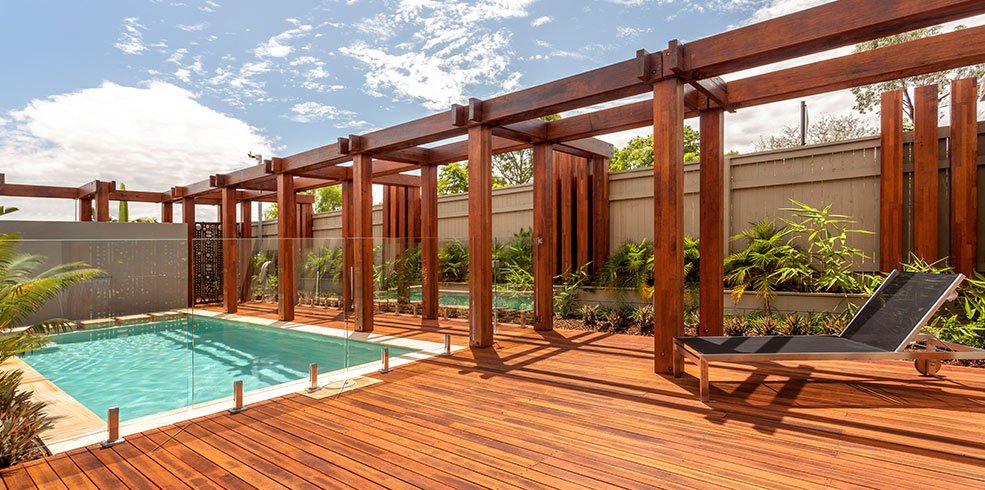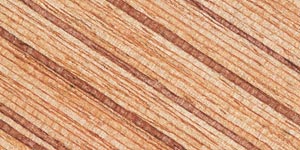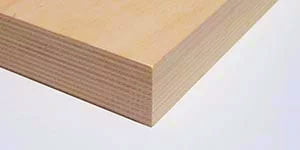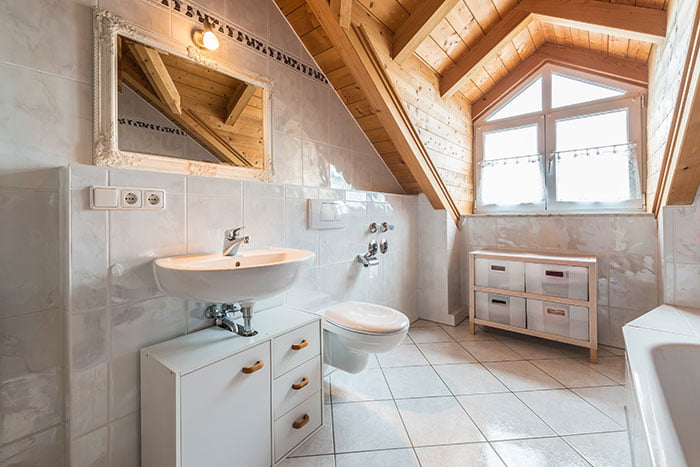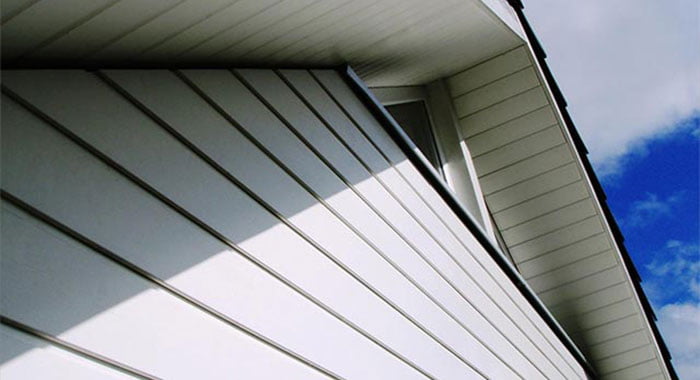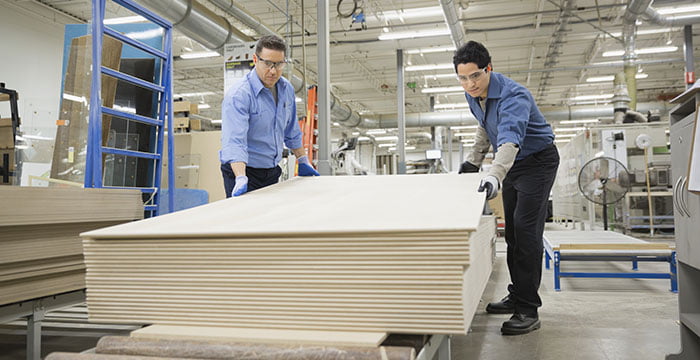When it comes to building projects, selecting the right type of plywood is crucial to ensure durability and longevity. Two common options that often confuse builders are marine plywood and exterior plywood. When comparing marine plywood vs. exterior plywood, is one better than the other?
While both are suitable for outdoor applications, they each possess distinct characteristics that make them suitable for specific purposes. In this article, we will explore the main differences between marine plywood and exterior plywood, and guide you on how to choose the appropriate option for your construction needs.
In our previous article comparing marine plywood vs. exterior plywood, we took a detailed look at the manufacture and usage of both types of plywood. With this article, we will give you a quick summary and then focus directly on when to choose which type:
Composition and Construction
Marine Plywood: Marine plywood is specifically engineered for water-based applications. It is constructed with high-quality hardwood veneers, bonded with waterproof glue, and features minimal voids or gaps. The glue used in marine plywood is typically phenolic or melamine, which provides superior resistance to moisture, humidity, and fungal attacks.
Exterior Plywood: Exterior plywood is designed for outdoor use where it will be exposed to varying weather conditions. It is constructed using softer wood species and may have fewer layers than marine plywood. Exterior plywood is also made with waterproof glue. However, the glue type may vary and it may not offer the same level of water resistance as marine plywood.
Water Resistance
Marine Plywood: Due to its superior construction and adhesive properties, marine plywood offers excellent resistance to water and moisture. It is ideal for applications where prolonged exposure to water or high humidity is expected, such as boat-building, docks, and other marine projects. Marine plywood can withstand constant exposure to water without delamination or warping.
Exterior Plywood: While exterior plywood is also designed to withstand moisture and weather elements, it may not provide the same level of water resistance as marine plywood. It is suitable for applications such as roofing, exterior cladding, and general construction where occasional exposure to moisture is expected. However, prolonged exposure to water may lead to delamination and structural degradation.
Strength and Durability
Marine Plywood: Marine plywood is known for its exceptional strength and durability. It has a higher number of plies, and utilizes denser and stronger wood species. This results in a robust and rigid panel. This makes it suitable for heavy-duty applications that require structural integrity and stability, even under challenging conditions.
Exterior Plywood: While exterior plywood is also designed to be durable, it may not have the same strength as marine plywood. It is suitable for a wide range of applications, including roofing, wall sheathing, and general construction projects. However, it may require additional support or reinforcement for heavy loads and demanding structural requirements.
Choosing the Right Option
Assess your project’s requirements
Determine the specific environmental conditions and exposure to moisture or water that the plywood will encounter during and after construction.
Consider your project’s budget
Marine plywood is generally more expensive than exterior plywood due to its superior quality and construction. Evaluate your budget constraints and the level of performance required for your project.
Seek professional advice
Consult with an established specialised plywood supplier, such as our experts here at FA Mitchell who can provide expert guidance based on your project’s unique requirements, budget and product availability.
Conclusion
Selecting the appropriate plywood for your building project is crucial to ensure its long-term performance and durability.
Marine plywood offers superior water resistance, strength, and longevity, making it suitable for marine and water-based applications.
On the other hand, exterior plywood provides good resistance to moisture and weather elements and is ideal for general outdoor construction purposes.
By considering the specific demands of your project, you can make an informed choice between marine plywood and exterior plywood to achieve the best results for your construction needs.

